Josip Broz Tito - 40 years since the death of the lifetime President of the SFRY
Josip Broz Tito, President of the Socialist Federal Republic of Yugoslavia, died 40 years ago at a hospital in Ljubljana
Monday, 04.05.2020.
14:52
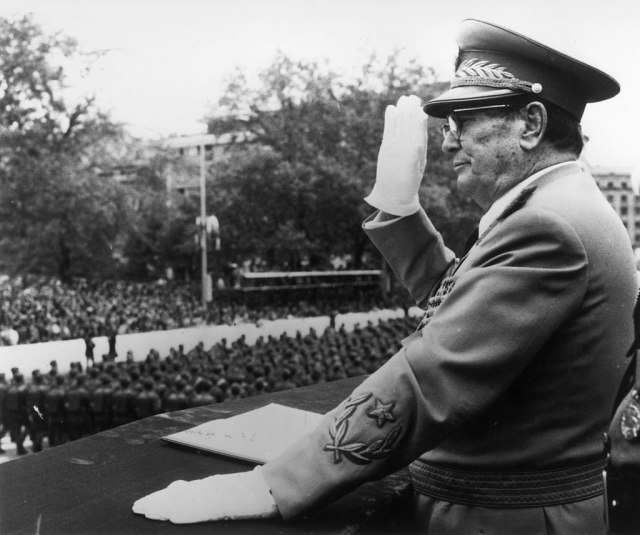
Josip Broz Tito - 40 years since the death of the lifetime President of the SFRY
Because of his political actions after World War II, he is also considered one of the most significant figures of the 20th century.Marshal Broz served as President of the SFRY from January 14, 1953 until his death in 1980. Due to his biography, the way he ran the country and the cult he created with Yugoslavs, Tito is still a frequently mentioned personality nowadays.
Josip Broz was born on 7 May, 1892 in Kumrovec, Croatia. He completed four grades of elementary school and then completed a master's course.
Shortly after finding a job with a Zagreb master, he joined the Union of Metal Workers and the Social Democratic Party of Croatia, which fought for workers' rights. He also participated in a major protest by socialists and workers seeking greater rights.
During the following years he worked in the Czech Republic, Germany, Austria.
He was interrupted by a call to serve military service in the Austro-Hungarian army.
After completing his NCO training, he was promoted to sergeant, but shortly before the end of his military service in 1914, Austria-Hungary declared war on Serbia, and the First World War occurred.
During one of the battles, Broz was wounded and then captured, and as a Russian prisoner he was transferred to a camp in the Urals and ended up in prison.
It turned out that his time in prison later had an impact on his political engagement.
Namely, Josip Broz began to learn Russian, read Tolstoy and Turgenev, and, as some historians state, followed the situation in Russia closely. Just then, in 1917, Russian Tsar Nicholas II was overthrown and Vladimir Ilyich Lenin came to the head of the Soviet state.
During his stay in Russia, Tito became acquainted with the work of the Communist movement, and his idea of creating a socialist society grew stronger from year to year.
Membership in the CPY and the development of political ideas
Broz returned to Zagreb in 1920 and subsequently joined the Communist Party of Yugoslavia (KPJ)As the king of the country at the time, the CPY long acted illegally. The party was officially banned from work on December 30.
Tito, however, advanced in his positions within the party, but was often arrested.
On September 20, 1938, he was appointed political secretary of the Central Committee of the CPY. A year later, World War II followed.
At the Fifth KPJ Conference in October 1940 in Zagreb, the idea emerged that "Yugoslavia should be a land of many peoples and nationalities." In doing so, he wanted to signal that if they took power, the Communists would restore the rights of Montenegrins, Macedonians, Albanians, Hungarians and others.
World War II and the rise of the Communists
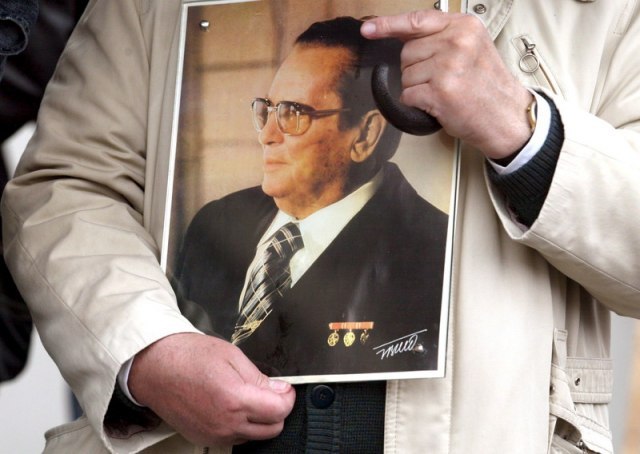
Then a part of the royal army gathered around Dragoljub Draza Mihailovic founded the Movement of Resistance against the Occupiers. Because they were hiding in the woods and carrying out "guerrilla" attacks, they were called Chetniks.
At a sitting of the Politburo, on 4 July 1941, the Central Committee decided to raise an uprising.
Josip Broz Tito and General Draza Mihajlovic met three times to negotiate unification in the fight against the enemy.
However, the most important date of Yugoslav history will be November 29th. On that date, in 1943, the Second AVNOJ Session was held in Jajce. At that meeting, Yugoslavia was proclaimed a federal state of equal peoples and nationalities.
The king was not allowed to return to the country until the end of the war, and a National Committee was elected to take over the interim Government.
Tito was elected Chairman of the National Committee for the Liberation of Yugoslavia, and due to his exceptional merits in leading the National Liberation Struggle, was awarded the rank of marshal.
One of the interesting events in the biography of Josip Broz Tito is the sixth German offensive aimed at capturing Tito during his stay in Drvar. This attempt is known as the Seventh Enemy Offensive, or "Desant on Drvar/Raid on Drvar". The encrypted name for this action was 'Operation Equestrian jump'.
Belgrade was liberated on October 22, 1944, and by the end of the same year, Serbia, Montenegro, Dalmatia and Macedonia were liberated.
Tito and his associates have drawn up a five-year plan for economic development and modernization of the industry, which would achieve independence of the state from all others.
Between east and west
Josip Broz Tito opposed the plans of Joseph Stalin and gained the sympathy of the West. He gained the reputation of a foreign statesman for years.In 1950, the League of Communists of Yugoslavia, among others, decided to turn over companies to workers for management, and many agreed that this was the beginning of a new era of economic development in Yugoslavia. Industrial production began to grow, and along with it, urban development.
The self-governing socialism that reigned in Yugoslavia will remain a unique historical example of how it is governed. Yugoslavia resisted the tightness of the USSR, and culturally approached the West.
As Yugoslavia found itself between two powers - the Soviet Union and the United States, Tito began to gather countries that did not belong to either of the two blocs.
The Non-Alliance Movement
In 1948, Tito broke ties with the then SSSR and was one of the founders of the Non-Alliance Movement.The Socialist Federal Republic of Yugoslavia became one of the founders of the Non-Aligned Movement, a movement that represented 55 percent of the country's population, most of the world's governments, and nearly two-thirds of the United Nations during the Cold War.
This can also be considered as one of the most politically significant moves of Josip Broz.
The official establishment was preceded by a meeting of Yugoslav President Tito with Egyptian President Gamal Abdel Nasser and Prime Minister of India Jawaharlal Nehru.
The founding conference of the Non-Aligned Movement was held on September 1, 1961 in Belgrade. Joseph Broz Tito was then elected Secretary General.
He signed an agreement with the presidents of Egypt, India, Indonesia and Ghana, aimed at establishing strong cooperation between third world countries.
The Yugoslavs were able to notice the arrival of a large number of young people from African countries to study in the SFRY, and this tradition is still evident today.
Many agree that the establishment of the Non-Aligned Movement and cooperation with many countries have led to the "opening of doors" for Yugoslav citizens to travel freely around the world. The importance of SFRY passports among common people is still talked about today as a kind of prestige.
Josip Broz visited over 58 countries and met with numerous world statesmen.
He met, among others, Winston Churchill, Richard, Queen Elizabeth II, Joseph Stalin, Nikita Khrushchev, as well as Muammar el Gaddafi, Yasser Arafat, Fidel Castro.
Tito's reputation in the world and all his visits are evidenced by gifts from all over the world, which are in special museum areas next to the "House of Flowers" in Belgrade.
Tito's death and funeral
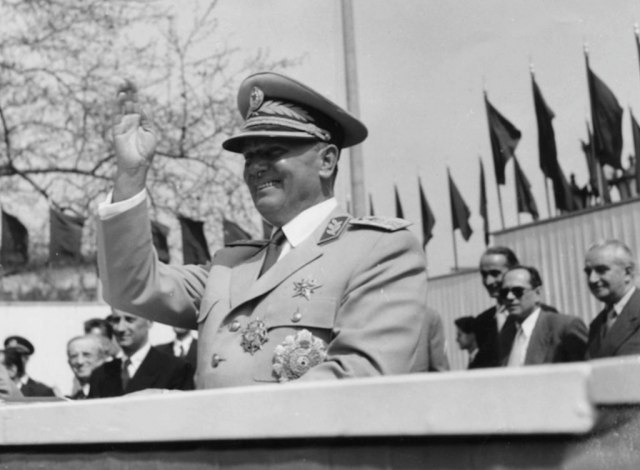
Broz's health deteriorated in late 1979, and he spent four months in hospital until his death.
Marshal Broz's funeral was held on May 8 in Belgrade. By his own wish, Tito was buried in the garden of his residence in Dedinje, which was called "The House of Flowers".
Over 200 foreign delegations attended his funeral, including presidents, prime ministers, kings and rulers and political leaders from 107 countries, including Mahatma Gandhi, Margaret Thatcher, Leonid Brezhnev and many others.
Also, a huge number of Yugoslav citizens have attended the funeral of their president.
Tito's funeral was broadcast live on television in Yugoslavia and 16 other countries around the world, and in a few countries the entire recording or major parts of the funeral were subsequently aired, which is why it was declared the second most watched event in the 20th century, right after the "Apolo 11 Mission landing to the Moon”, in July 1969.
And after Tito - Tito
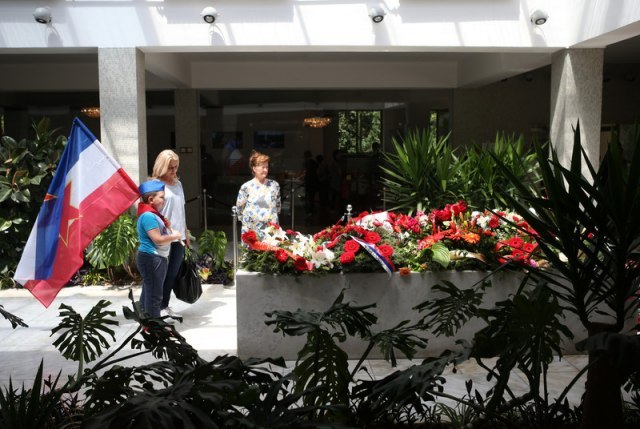
Socialist architecture is noticeable in Belgrade and Serbia, and to this day, many state institutions and older hotels have retained recognizable interiors from the SFRY era.
Numerous visits to the Museum of the History of Yugoslavia in Belgrade tell of the cult of Josip Broz Tito and the trace he had left in the history of Yugoslavia and Serbia.
Most people from all over the former Yugoslavia gather on the former Republic Day on 29 November. Also, a large number comes on May 4, to mark the day of Tito's death and May 25, the former Youth Day.
The celebration of Youth Day is also organized in other former Yugoslav republics and brings together a large number of former "comrades".
In recent years, the "House of Flowers" has become a very popular tourist attraction, especially for travelers from China.
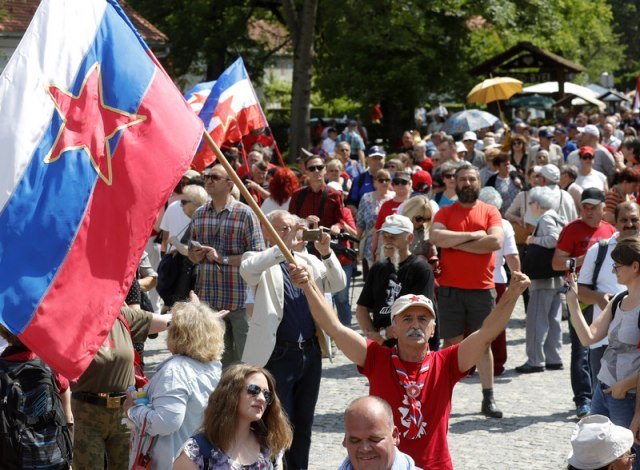










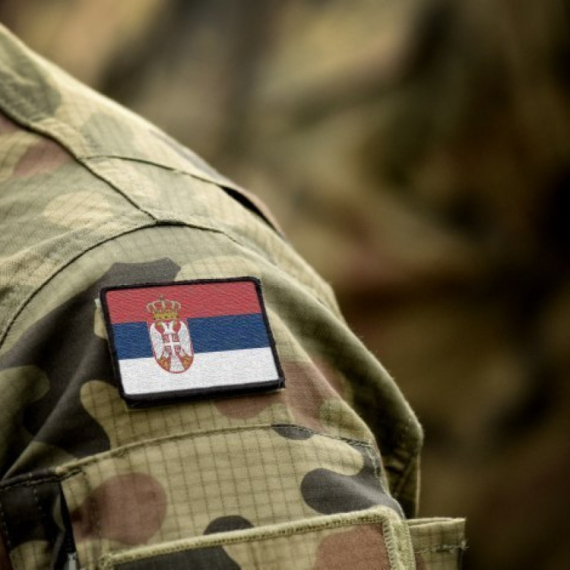



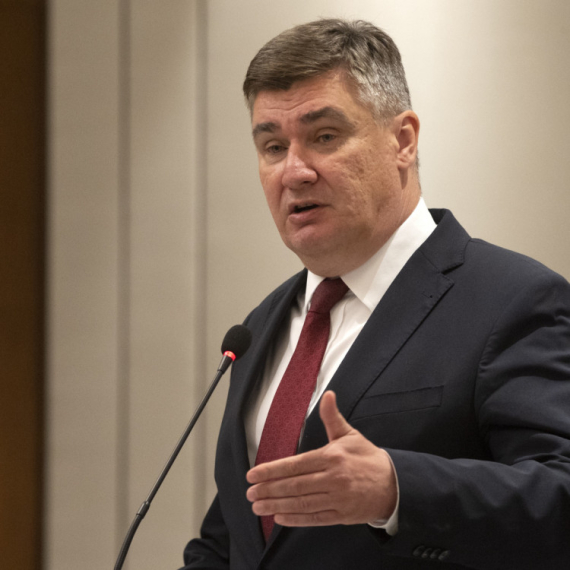



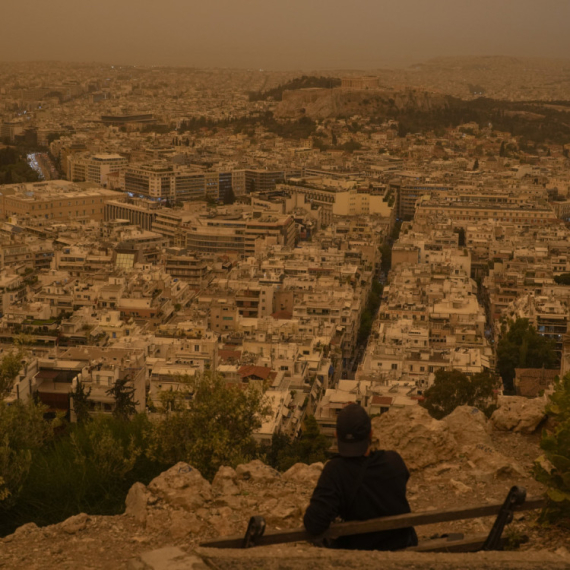
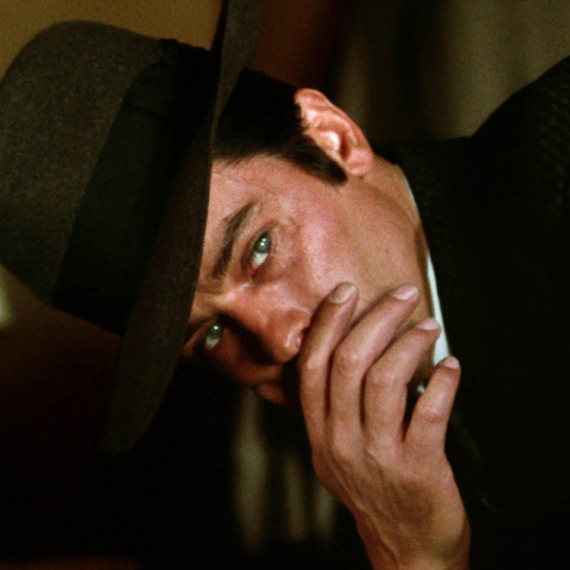
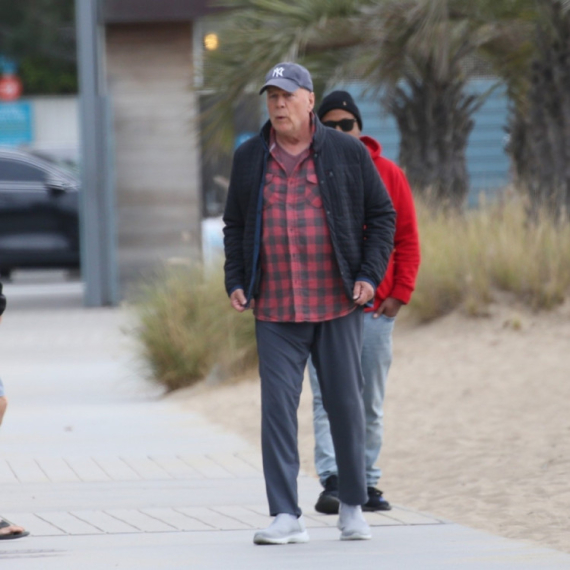







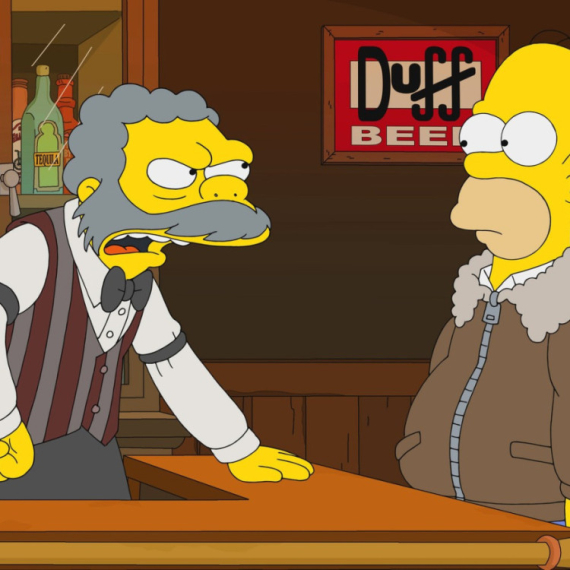



























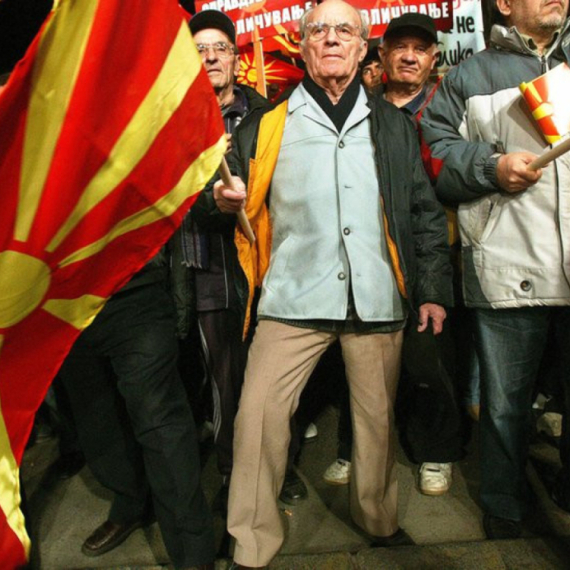
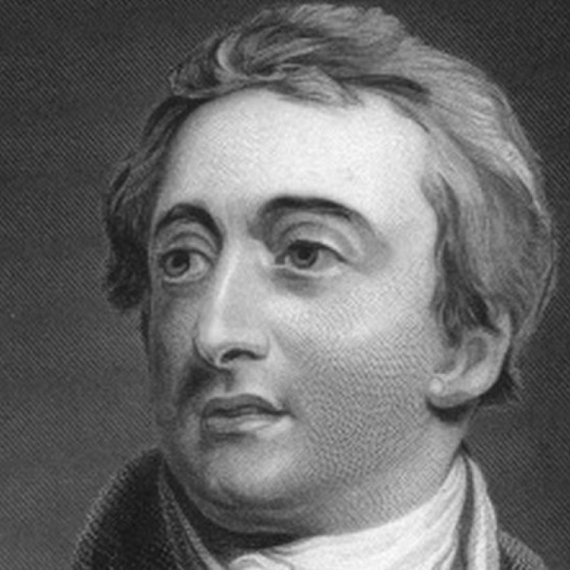

Komentari 20
Pogledaj komentare